
Malaysian Prime Minister Anwar Ibrahim to Visit India in Strategic Diplomatic Move
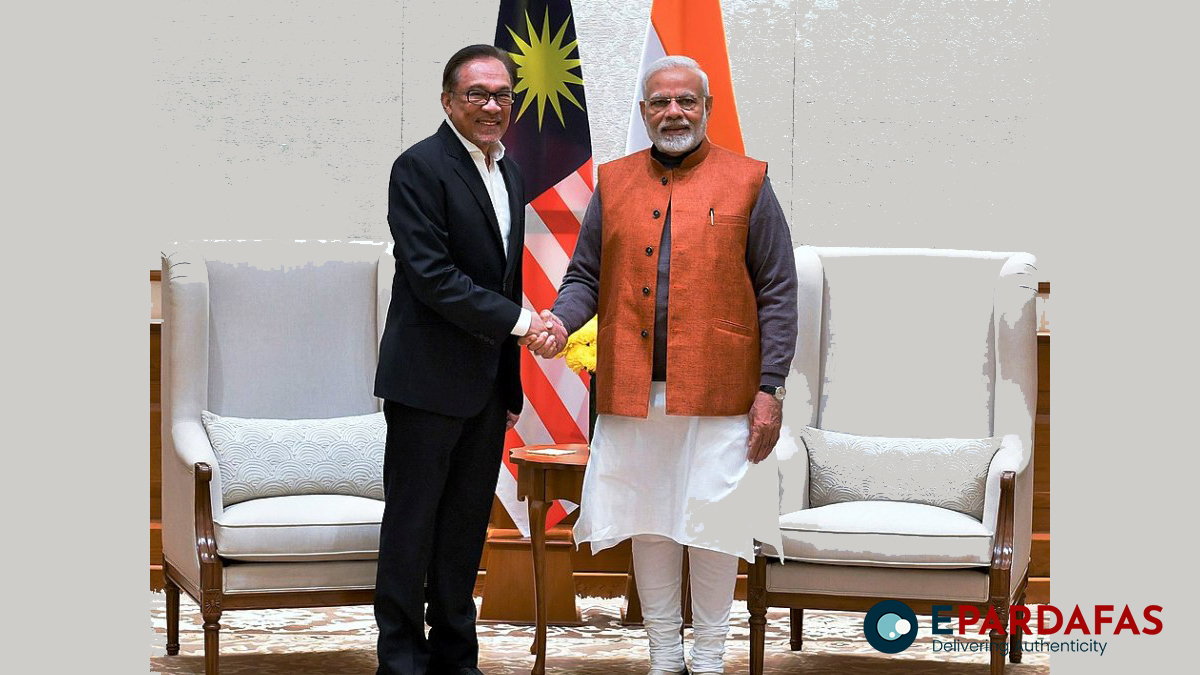
Malaysian Prime Minister Anwar Ibrahim is set to visit India this week, marking his first official trip to the country since taking office in 2022. The visit, scheduled from Monday to Wednesday, comes at the invitation of Indian Prime Minister Narendra Modi and is seen as a strategic move to bolster Malaysia’s position on the global stage.
According to the Indian Ministry of External Affairs, Anwar’s visit aims to strengthen India-Malaysia bilateral ties by establishing a multi-sectoral cooperation agenda. This marks the first visit by a Malaysian head of government since former Prime Minister Najib Razak’s trip in 2018.
As nations of the Global South navigate complex global power dynamics, Malaysia is exploring multipolar platforms as part of its strategy to hedge against global power struggles. Anwar is expected to seek India’s support for Malaysia’s bid to join BRICS, a coalition of emerging economies that includes both India and China, reflecting Malaysia’s ambition to play a more influential role in the evolving global order.
“Anwar has prioritized Malaysia’s entry into BRICS, reflecting a belief within the foreign policy establishment that Malaysia’s rising status merits consideration for membership,” said Benjamin Barton, Head of School at the University of Nottingham Malaysia. He added that stronger ties with India would align Malaysia with the shifting multilateral landscape, where India’s influence is growing.
Fikry A. Rahman, head of foreign affairs at Malaysian think tank Bait Al-Amanah, highlighted the strategic benefits of diversifying partnerships and reducing dependence on the U.S. dollar. He emphasized that Malaysia’s application to join BRICS underscores its strategy to engage more like-minded partners in a multipolar world.
During Anwar’s visit, Malaysia and India are expected to sign agreements to enhance bilateral trade, which totaled $43.3 billion last year. Malaysia became India’s third-largest trading partner within ASEAN in 2023, with key exports including palm oil and electronics. Additionally, Indian tourist arrivals in Malaysia have surged by 165% to 325,000 compared to 2019 figures.
Anwar is also set to participate in a roundtable meeting with Indian industry leaders to further economic cooperation between the two nations. Rahul Mishra, an associate professor at Jawaharlal Nehru University in India, noted that Malaysia and India could be strong partners in the semiconductor sector. Both countries are focusing on expanding their semiconductor industries, with Malaysia recently unveiling its semiconductor policy and India working on a comprehensive approach.
Fikry echoed the importance of semiconductor partnerships with India as Malaysia aims to move up the value chain in electronics. He emphasized that acquiring Indian expertise in integrated circuit design is crucial for Malaysia’s growth in this sector.
Malaysia’s first semiconductor IC design hub was officially opened in Selangor in August, signaling its commitment to advancing in the global semiconductor market. Meanwhile, India’s semiconductor industry, though relatively new, is expected to reach $8.32 billion in 2024, with aspirations to become the world’s largest semiconductor manufacturing hub within 4-5 years.
Anwar’s visit to India is also significant in preparation for Malaysia’s ASEAN chairmanship next year. Strengthening the ASEAN-India Free Trade Agreement, advancing digital connectivity, and leveraging India as a key dialogue partner are expected to be priorities during Malaysia’s leadership in 2025.

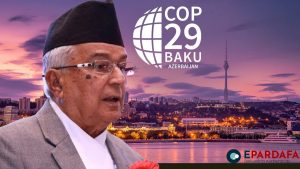

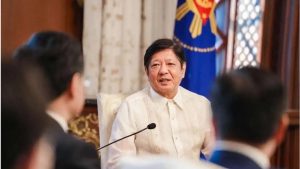
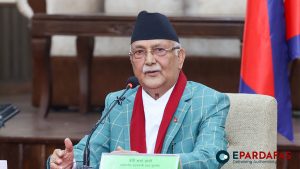




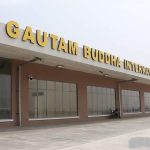
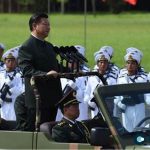
Comments